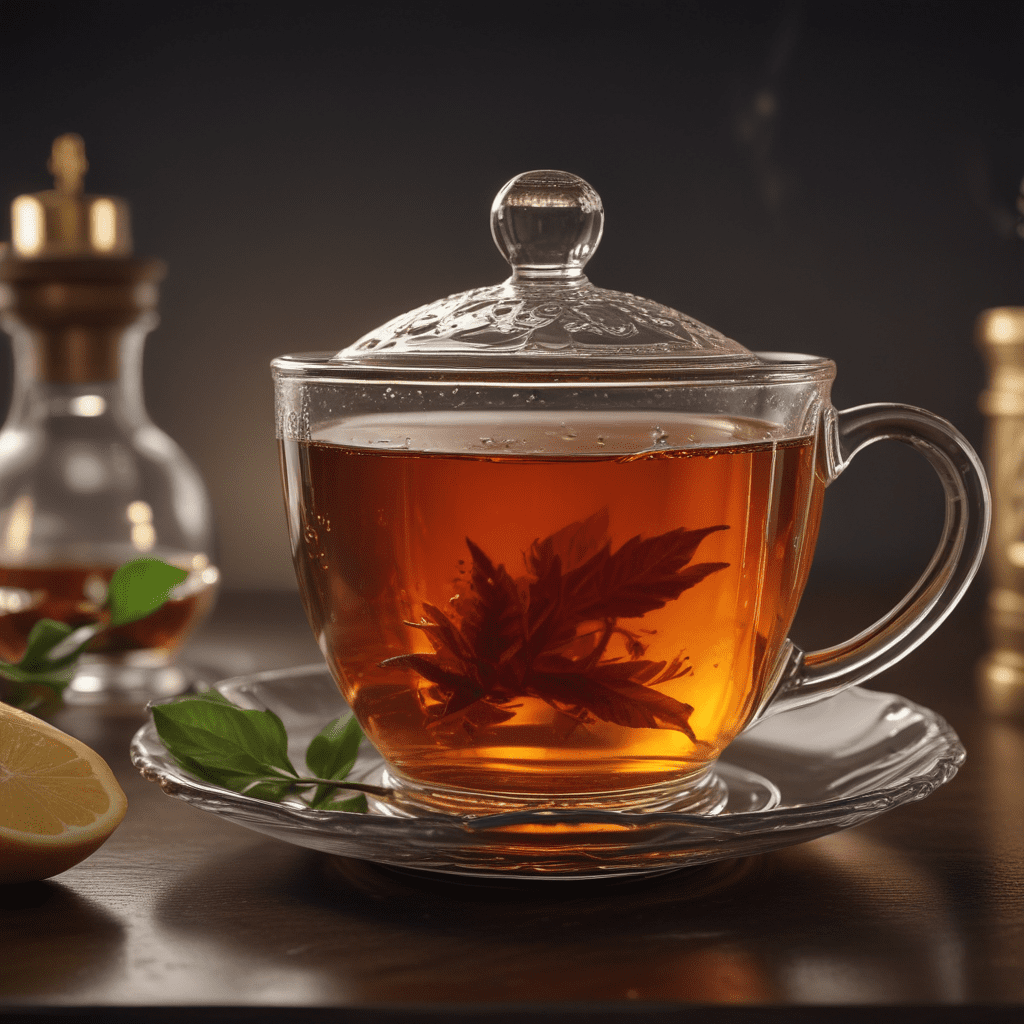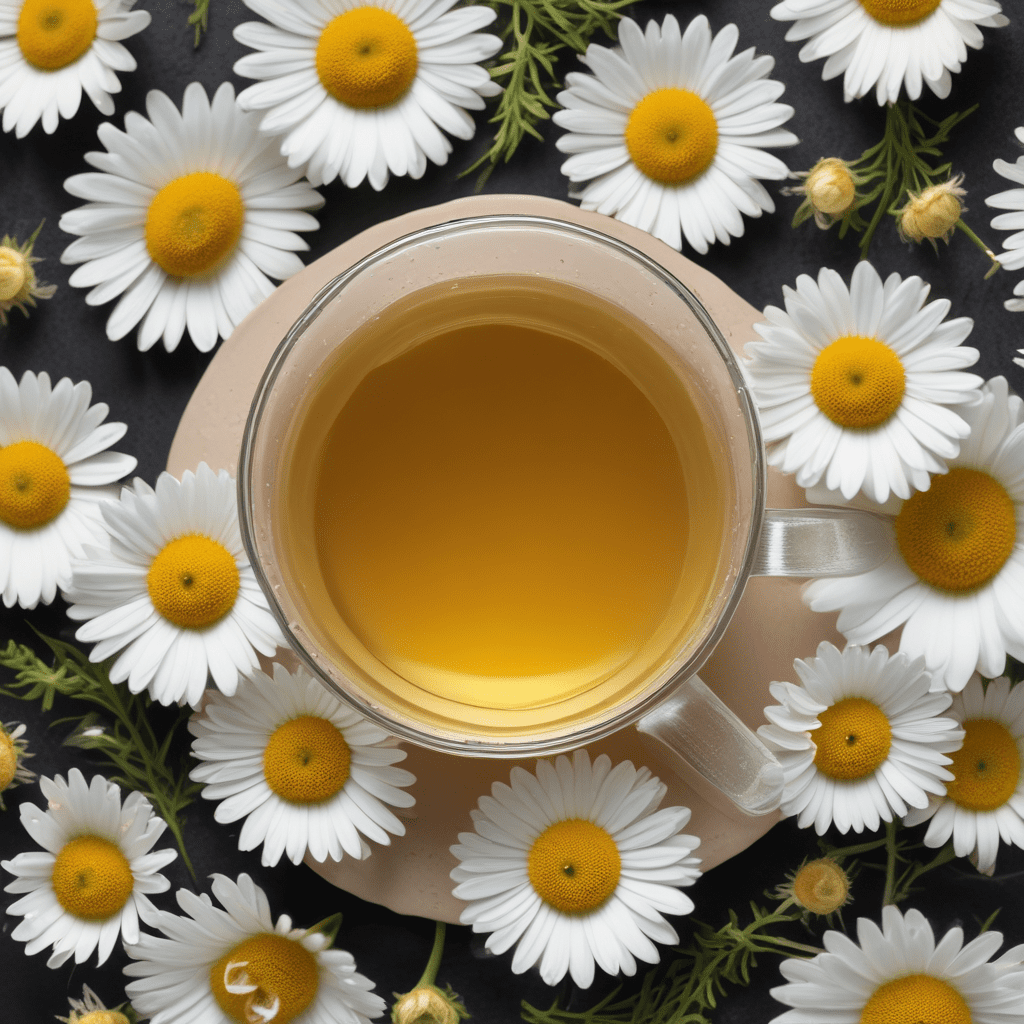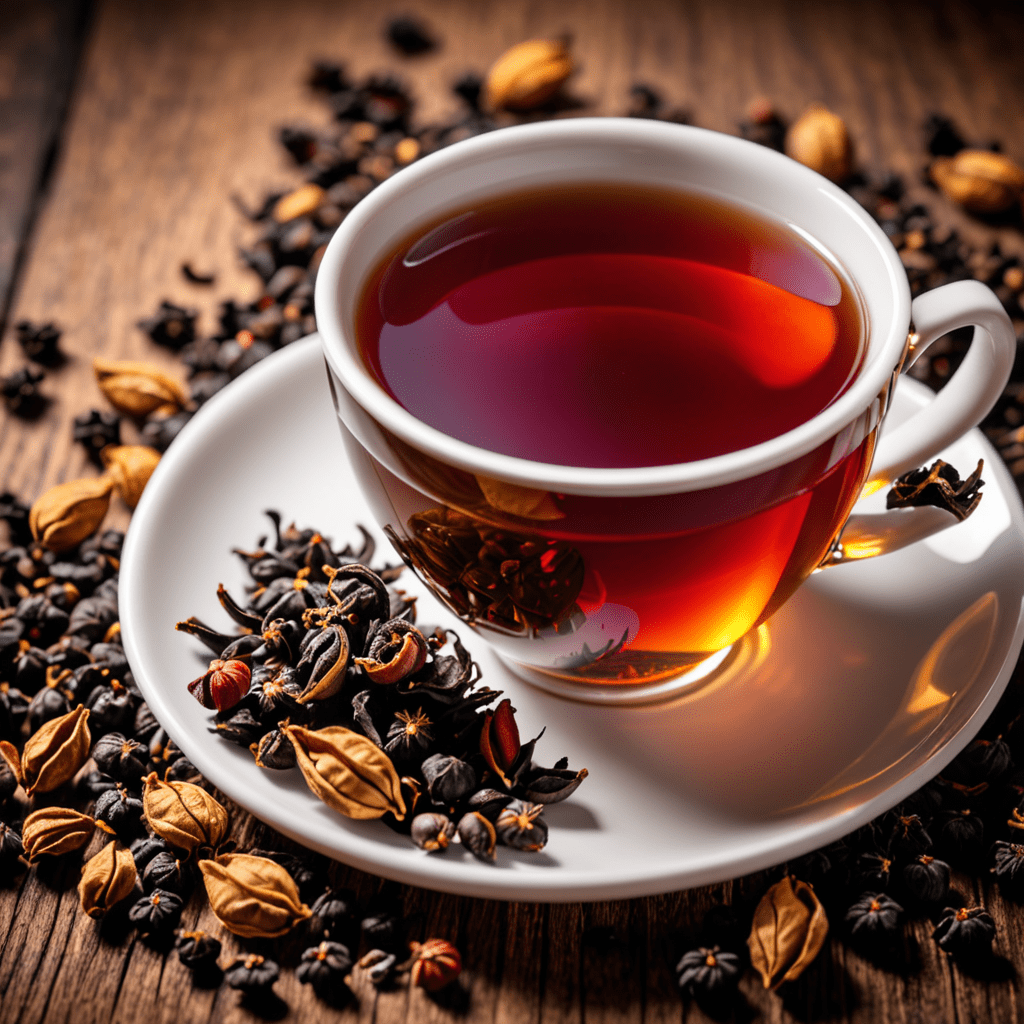Tea Traditions Across the UK: Regional Influences on Brewing
Introduction
The United Kingdom boasts a vibrant tea culture, steeped in rich history and regional variations that have shaped its brewing methods, flavors, and social customs. From the classic English Breakfast tea to the unique blends enjoyed in Scotland and Wales, this paper explores the diversity of this national tradition, uncovering the influences that have led to the UK's distinctive relationship with tea.
The Historical Significance of Tea in the UK
Tea first arrived in Britain during the 17th century, quickly becoming a popular beverage among the upper classes. As trade with China flourished, tea consumption spread through society, transforming social gatherings and daily routines. Afternoon tea became a cherished ritual, symbolizing British elegance and sophistication. The demand for tea led to the establishment of vast tea plantations in India and Sri Lanka, further solidifying the UK's position as a tea-loving nation.
Regional Variations in Tea Blends and Flavors
Across the UK, distinct regional preferences have emerged regarding tea blends and flavors. The robust English Breakfast tea, a blend of black teas from Assam, Ceylon, and Kenya, remains a national favorite, known for its strong, malty character. In Scotland, where tea consumption is particularly high, lighter and more floral varieties are preferred, such as Earl Grey and Darjeeling. Meanwhile, Wales has a tradition of enjoying afternoon tea with Bara Brith, a traditional fruit loaf. These regional variations illustrate how tea preferences have evolved in tandem with local tastes and traditions.
Brewing Methods and Customs
Beyond regional variations in tea blends, brewing methods also differ across the UK. In England, the traditional method involves boiling water, adding tea leaves to a teapot, and steeping for several minutes before straining into a cup. Milk and sugar are often added to taste. In Scotland, a slightly different approach is taken, with tea leaves being placed directly into a cup and boiling water poured over them. This method results in a stronger and more robust brew. In Wales, a unique brewing method known as "cwpan" is sometimes used, where tea leaves are simmered in a pan of water for an extended period. These diverse brewing customs reflect the unique traditions and preferences of each region.
The Role of Tea in Social Gatherings and Rituals
Tea plays a significant role in social gatherings and rituals across the UK. Afternoon tea, a tradition originating in the 19th century, remains a popular pastime, particularly in England. This elaborate meal typically consists of sandwiches, scones, pastries, and, of course, tea. Afternoon tea provides an opportunity for social interaction, relaxation, and indulgence. In Scotland, "high tea" is a more substantial meal, often served as an alternative to dinner. These tea-centered gatherings reflect the importance of tea in British social life.
The Impact of Cultural Influences on Tea Traditions
The UK's tea traditions have been influenced by various cultural factors. The legacy of British colonialism left an imprint on tea consumption, with blends from former colonies like India and Sri Lanka remaining popular. Immigration patterns have also contributed to the diversity of tea preferences, with communities from South Asia and East Asia introducing their own tea-drinking customs. Additionally, the influence of international tea cultures, such as Japanese matcha and Chinese功夫茶(gong fu tea), has led to a growing appreciation for alternative tea styles.
Modern Trends in UK Tea Consumption
While tea remains a beloved beverage in the UK, consumption patterns are evolving. There is a growing interest in specialty teas, such as single-origin varieties and herbal infusions. Millennials, in particular, are driving this trend, seeking out unique and flavorful tea experiences. Additionally, the rise of tea shops and cafés has created new spaces for tea appreciation and experimentation. These modern trends suggest that tea culture in the UK is adapting to changing tastes and preferences, ensuring its continued relevance in the 21st century.
The Future of Tea Traditions in the UK
Looking ahead, tea traditions in the UK are likely to continue evolving. Sustainability and ethical sourcing are becoming increasingly important considerations for tea drinkers. There is also a growing interest in the health benefits of tea, with consumers seeking out varieties that offer specific wellness properties. As these trends continue to shape the tea landscape, the UK's tea traditions will undoubtedly adapt and innovate, ensuring that this beloved beverage remains a cherished part of British culture for generations to come.
Conclusion
The tea traditions of the UK are a testament to the country's rich history, cultural diversity, and evolving tastes. From the classic English Breakfast tea to the unique regional preferences, tea has played a significant role in shaping British society and identity. As tea consumption continues to evolve, the UK's tea traditions are sure to adapt and thrive, ensuring that this beloved beverage remains an integral part of the nation's cultural fabric.
FAQ
Q: What is the most popular tea in the UK?
A: The most popular tea in the UK is English Breakfast tea, a blend of black teas from Assam, Ceylon, and Kenya.
Q: What is the difference between English Breakfast tea and Earl Grey tea?
A: English Breakfast tea is a strong and robust blend, while Earl Grey tea is a lighter and more floral variety flavored with bergamot oil.
Q: What is the traditional way to make tea in the UK?
A: The traditional way to make tea in the UK is to boil water, add tea leaves to a teapot, and steep for several minutes before straining into a cup. Milk and sugar are often added to taste.
Q: What is afternoon tea?
A: Afternoon tea is a traditional British meal that typically consists of sandwiches, scones, pastries, and tea.
Q: What is the role of tea in British culture?
A: Tea plays a significant role in British culture, serving as a social lubricant, a symbol of elegance, and a source of relaxation.



